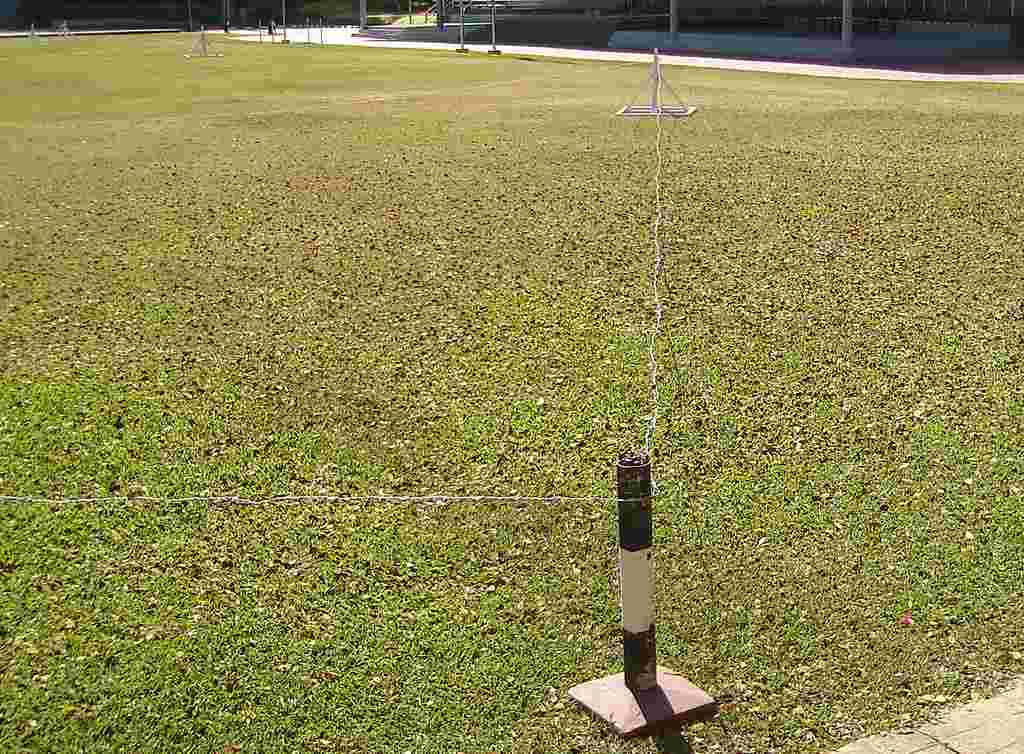2004 figures of poverty:
Indonesia:
http://www.nscb.gov.ph/poverty/conference/papers/2_Indonesia.pdf
Malaysia:
http://www.undp.org.my/uploads/files/SabahHumanDevp.pdf
With Sabah's figure of 23% poverty level, it is the poorest in Borneo, and poorer than Indonesian average, only slightly better than with Papua and West Irian and Acheh.
And this is the figure for 2004 before each state is allowed 20% of its petroleum revenue.
By this time, Banjarmasin is far advanced compared to Kucing and Kota Kinabalu with flyovers everywhere, whereas I'm stuck with traffic jams from town to Petagas which shares the same road with our International Airport.
Of particular interest is the rate at which the poverty improves. From 1990 to 2004, SAbah's figure was from 30 to 23 percent. Which is indeed extremely slow, compared to the rapid drop for Indonesia recently. So by now the gap should be even larger.
If you think that recently, there should be major changes in poverty, just study the 9th Malaysian Plan budget, which again discriminates against Sabah, although it is supposed to be better than previously. With a population of 13%, given only 8% budget, it is certainly unfair and will not help reduce any poverty that much compared to the rest of the world.
Sarawak is also similarly discriminated but it still maintains a lot of revenue, compared to Sabah that had surrendered all sources of revenue to the Federal Government: Electricity, Vehicle Licensing, and Customs.
Revenue sharing with Federal Government is maximum of 10% with no minimum, i.e. it does not give anything, promised 5%, but delivering 150 million ringgit for the past 30 years. How much is that? Less than 1%.
I feel alright, but burdened with debts although I don't jolly around, i.e. go to night clubs, drink alcohol, play golf or any expensive sports.
But most of my inlaws, are suffering worse with Salaries of one tenth of mine, for those working with the government, and one twentieth for those working in factories. The starting salary for factory workers is RM150, but with time, they can get overtime and increments so their net will be RM300 more or less, and this is true even for government sponsored factories such as Sinora, but even this is not satisfactory to the government. It retrenched them and replaced them with contract workers.
Poverty level should be about RM600 if you follow the rules, i.e. pay rent, electricity and water, transport and medical and food at normal rates. That is why my daughter who works part time, I discouraged because I had to subsidise a lot of things.
Sukarno was right. Malaysia was another colonisation, but the bad thing is that it is worse than the British.
Is Indonesia better? Initially it was bad, under Sukarno and Suharto with their centralised planning, but now it is much better. Salaries have increased by 300% in just 3 years. Standard of living is still lower than Malaysia but it is rapidly overtaking Sabah, the poorest state in Malaysia.
Sabahans had to earn their living overseas in Malaya and Singapore, and many suffer from slavery and other social ills. Soon, after the finish of the 9th Malaysia Plan, and Indonesia maintains its momentum, many Sabahan s will be illegal immigrants in Indonesia. Banjarmasin is developing rapidly especially with the rapid increase in the price of petroleum.
The Javanese may still be in control and taking up most of top posts, but it is similar to Sabah. At least poverty level is much lower in Kalimantan compared to Sabah. It shows that the heavy expenditure manages to trickle down to the poor.
I don't mind Javanese bosses or even their corruption, as long as their money is spent in Sabah. It is only slightly worse then these Malayan officers, and hopefully, Indonesia will reduce corruption with the rise in Salaries.
This is all wishful thinking, but I must be prepared to a life of basic necessities, and charity, in supporting the many poor in Sabah. Just last week, I had been approached by many people on the streets asking for food, and they are not immigrants and they are muslims, and they don't beg on the streets. I must also be prepared to give loans to relatives who will never repay the loans.














